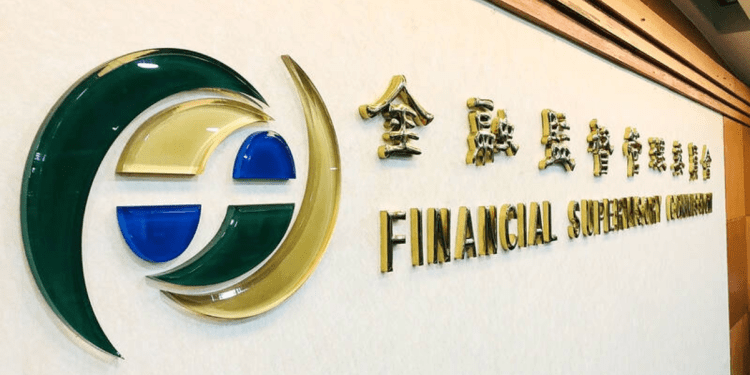- Taiwan’s crypto watchdog has formulated 10 principles including the prohibition of illegal solicitation by foreign currency dealers.
- The guidelines are meant to provide a framework around compliance, consumer protection, and anti-money laundering.
- The guidelines will also put restrictions on unregistered overseas firms soliciting business in the country.
The Financial Supervisory Commission (FSC) of Taiwan for Virtual Currency Management is set to issue 10 guiding principles for virtual asset providers in September, according to a Sep. 7 report by Central News Agency.
The East Asian country will set guidelines to ensure that crypto businesses establish review mechanisms, keep customers’ payments separate from their own tokens and comply with anti-money laundering laws (AML). The guidelines will also put restrictions on unregistered overseas crypto exchanges operating within its jurisdiction as a part of its incoming guidance for virtual asset service providers (VASPs).
FSC’s 10 Guiding Principles
Officials from the agency confirmed to CNA on Sep. 7 that the draft guidelines have been initially finalized and are expected to be officially announced before the end of September.
The 10 guiding principles include strengthening information disclosure, requiring operators to set standards for reviewing listing and delisting, separate custody of platform and customer assets, and specifying that individual currency dealers should also implement Prevention of money laundering and strict prohibition of illegal solicitation of business by foreign currency dealers, among others.
The FSC has prohibited foreign VASPs from illegally soliciting business within Taiwan as one of its 10 principles that are to be issued at the end of September.
The FSC proposed that overseas crypto platforms that do not have a company registration in Taiwan and do not comply with its Anti-Money Laundering(AML) laws should not solicit business in Taiwan or from its citizens.
This is with a view to strengthening the crypto oversight.
In March, it was announced that The FSC would assume the responsibility as the main and sole crypto regulator in the country. The organization’s chairperson, Huang Tien-mu, highlighted that the framework will have major policies and rules, including separating company assets and customer funds.
The country declared that virtual asset service providers must comply with local AML regulations in 2018 and in 2021 it issued rules in line with guidance from the global Financial Action Task Force (FATF). Last year the country registered 24 crypto platforms














